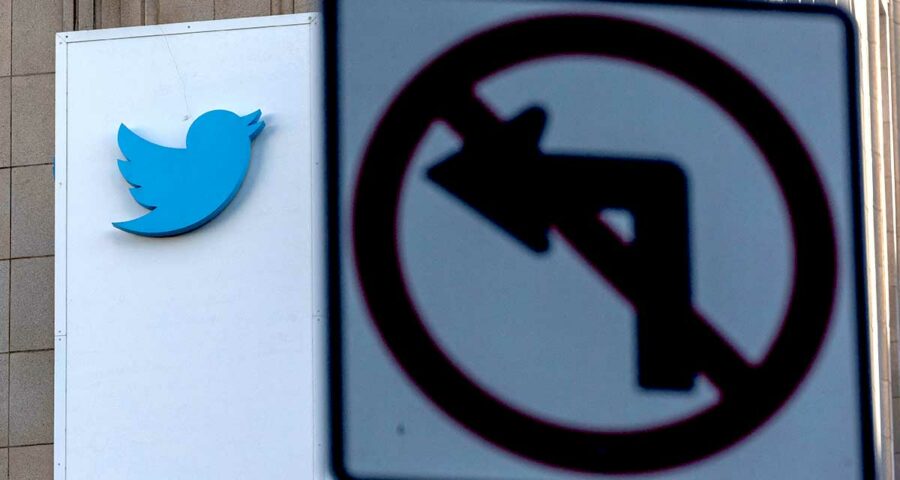Neha Desai (name changed), a software engineer who works at one of India’s top five information technology firms, says she would not want to join Twitter even if she had an opportunity to do so.
Given recent events and statements made by Twitter CEO Elon Musk, she doesn’t think the tech major can offer her either job security or work-life balance.
Desai is not alone in thinking so.
“It’s a big technology company and may offer good remuneration, but stability in my career is equally important to me,” says a 28-year-old software developer from Pune.
“Also, I read that Twitter’s new management expects employees to work 12 hours a day, seven days a week, which is quite radical. Life is not just about work.”
Business Standard spoke with several engineers, engineering colleges and human resources experts to gauge the mood following reports that Twitter wants to hire engineers in countries like India, Brazil, Japan and Indonesia.
According to a report in The Verge, Musk now wants to decentralise Twitter by setting up engineering teams in these countries.
In an internal meeting, he reportedly claimed that the technology stack of Twitter needs to be built from scratch by hiring engineers in India as well.
Twitter’s total employee headcount plunged to nearly 2,750 in November from 7,000 in October after Musk took over.
Other tech majors such as Meta, Amazon and now Google have also laid off staff, but not in a manner as harsh as Twitter’s.
Given Musk’s erratic behaviour, engineers say they understandably have reservations about joining Twitter.
Several HR experts spoken to also advise Indian techies to first carefully evaluate the job offers from big tech firms before signing on the dotted line.
A R Ramesh, director-digital business solutions, professional staffing, and international engagement at Adecco, a Delhi-based job consultancy, believes it is a gamble for engineers to join the platform at the moment. He says engineers should weigh the risks.
“The first thing is to understand Twitter’s new business strategy on the way forward,” he says.
“Engineering prospects need to identify the new focus of the company and see if it aligns with their aspirations. Depending on how much the two align, other caveats can be negotiated, be it salaries or benefits like insurance cover.”
Uncertainty notwithstanding, Ramesh thinks a job at a company like Twitter could be beneficial for young engineers who are ready to take a risk.
Countries like India, he says, offer good cost arbitrage and tech talent.
“Whenever there is a slowdown, whether due to a recession, or other macroeconomic conditions, jobs tend to move offshore to countries where there is talent and there is more cost arbitrage.
“India is also growing from a domestic market perspective,” he adds.
Shiv Agarwal, managing director at recruitment firm ABC Consultants, says, “The hiring frenzy in IT might cool off a bit due to the layoffs, both in big tech as well as start-ups. Jobs in the IT sector have gone down 8 to 10 per cent.”
But this slump, he says, will likely blow over in a few months.
“I would not recommend engineers to join Twitter right now as the situation in the company is very unpredictable, given all the layoffs.”
Some hiring firms, however, see the latest developments at Twitter as an opportunity for the Indian market.
“Twitter’s hiring update in India is good news, especially for Indian engineers,” says Sachin Alug, CEO, NLB Services, a talent solutions firm.
“While this development can boost the career growth of engineering talent in India, it can also encourage aspiring engineers to work harder and land good jobs.”
Kartik Narayan, CEO-Staffing, TeamLease Services, adds, “We think that Twitter is still inherently a good technology company for software engineers to work in. The current layoffs seem to be a matter of the business recalibrating itself for continued success based on market situations.”
The engineering colleges Business Standard approached to assess the mood following the layoffs at Twitter in particular and big tech in general were also of the view that it wouldn’t be wise to shut the door on these companies.
Most of the colleges said they would still be open to having these firms back on campus if and when they planned to hire.
“Students would like to start their career with a tech leader and a global brand,” says a senior executive from a reputed engineering college in South India.
Another director of an engineering college, speaking on the condition of anonymity, adds, “People talk about Amazon’s (problematic) work culture, but many prefer starting their careers there. If you have Amazon’s experience, you will be hired by other biggies within a short span (of being out of job).”
*Kindly note these images have been posted only for representational purposes.
Feature Presentation: Ashish Narsale/Rediff.com
Source: Read Full Article




